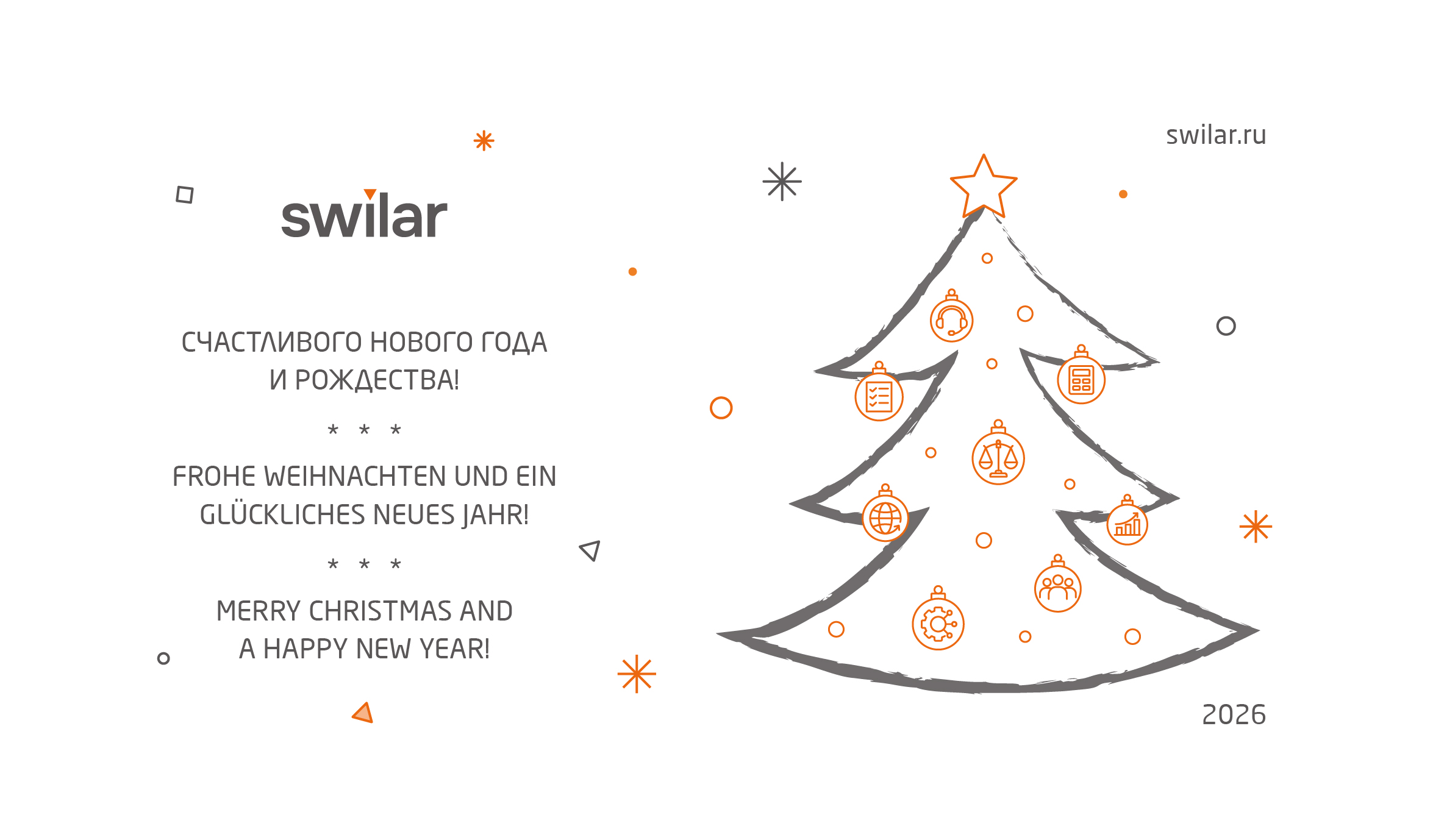Environmental fee in 2025-2027: what awaits business and how to avoid fines
Dear colleagues,
In response to numerous inquiries from companies about the environmental fee and the active changes in this area expected in 2025-2026, we have prepared an overview of the topic to help you understand some key aspects.
The environmental fee and related reporting represent a system that reflects the responsibility placed on manufacturers and importers to consider the fate of their goods and packaging after they have served their term. The system is becoming more complex, the rates are increasing and control is tightening. We examine the upcoming changes and their implications for companies.
Who is liable?
The following entities are required to pay the environmental fee and submit reporting:
- Manufacturers of goods and packaging released within the territory of the Russian Federation.
- Importers bringing goods and packaging from abroad.
- Disposal companies, if they take on the responsibility of meeting disposal standards.
Important: the obligation arises for the entity that first releases the goods or packaging on the market in the Russian Federation, provided that the goods or packaging are included in the relevant List. The environmental fee is calculated considering the standards.
What changes take effect in 2025
1. Significant rate increase
The Government has approved new base rates for the environmental fee for 2025–2027 (Resolution No. 1041 dated August 1, 2024). Compared to 2024, the rates will increase by 15% in 2025, with further planned increases in subsequent years.
- Example for tires and rubber:
- 2025 — 10,310 RUB/tonne
- 2026 — 11,135 RUB/tonne
- 2027 — 11,580 RUB/tonne
- Example for textile products:
- 2025 — 18,750 RUB/tonne
- 2026 — 20,250 RUB/tonne
- 2027 — 21,060 RUB/tonne
Furthermore, the Ministry of Natural Resources has already prepared a new draft resolution that starting from 2026 could introduce even higher rates (e.g., for textiles — up to 89,184 RUB/tonne). This indicates a sustained trend of increasing environmental compliance costs.
How to calculate? In its inquiries the Federal Service for Supervision of Natural Resources refers to data from customs declarations. These declarations contain information about the goods, including weight, codes and volumes. All this data is automatically compared.
Data required for calculating the environmental fee:
- Manufacturers of goods – a list of goods indicating the code in accordance with the Russian Classification of Products by Economic Activities (OKPD2), product name, the weight of all manufactured products.
- Importers – the customs declaration which specifies the HS code of the imported goods, the packaging code in most cases and the gross and net weights.
2. Tightening of the rules for importers from 2026.
From 1 September 2024 to 31 December 2025 a special experimental regime will apply to certain types of goods: reporting and payment of environmental fee should be completed before the date of their release by the customs authorities for domestic consumption.
The current version of the law stipulates that upon completion of the experiment (from 01.01.2026), these rules will become mandatory for all importers (the Article 24.5. Environmental Fee of the Federal Law No. 89-FZ dated 24.06.1998).
The obligation to ensure the recycling of waste from the use of goods will arise for the importer of goods:
- for imports from EAEU countries – from the day the goods are recognized.
- for imports from countries outside the EAEU – before the day of release by the customs authority for domestic consumption!
An alternative may be to submit a notification of intent to dispose of the waste independently or to provide a bank guarantee or surety agreement from the disposal company for the amount of the fee (the term of the guarantee or surety agreement shall not be earlier than 15 October of the following year).
The good news is that legislators are considering extending the experimental regime – see the draft of the Federal Law (prepared by the Russian Ministry of Natural Resources). The ministry has proposed extending the experiment on the payment of environmental fees prior to the submission of customs declarations for another year, as well as easing the conditions for paying the fees prior to the submission of declarations (within 90 days after the release of goods).
The bill was submitted on 20 October 2025 – we recommend monitoring the progress of this initiative.
Liability: risks and fines
The risks should not be underestimated. The Federal Service for Supervision of Natural Resources actively employs a system of cross-checks, comparing data from companies’ reports with information from customs declarations and other state databases.
The fines for violations are substantial:
- For failure to submit or late submission of reports: for legal entities — from 70,000 to 150,000 RUB.
- For inaccurate data in reports: the fine for legal entities is twice the amount of the fee (but not less than 250,000 RUB).
- For missing payment deadlines or non-payment of the fee: the fine for legal entities is three times the unpaid amount (not less than 500,000 RUB).
Who is exempt from payment?
Payment is not required, but reporting is still mandatory if:
- The goods are for export.
- They are used as raw materials or components for manufacturing other goods.
- The recycling target has already been met (independently or through an accredited recycling operator).
Manufacturers and importers who recycle their products are subject to special statistical waste management reporting. This is the annual form 2-TP (waste).
Practical recommendations for business
- Audit. Verify whether your goods and packaging are included in the current list (Government Resolution No. 2414 dated December 29, 2023).
- Be proactive. If you receive a letter from The Federal Service for Supervision of Natural Resources, it is advisable to comply with the requirement within the specified deadline (submit the report, pay the fee) and only then challenge their position. A delay results in an automatic fine.
- Remember the deadlines for 2025:
- Submit reports — by April 1, 2026.
- Pay the environmental fee — by April 15, 2026.
Important: If April 15 falls on a weekend or holiday, the fee should be paid before this date. The deadline is not extended to the next business day.
Conclusion
The environmental fee is no longer a formality but have become a significant expense and a serious regulatory risk for businesses. Rising rates and tighter controls signal that it is time to build a transparent system of environmental reporting and waste disposal. Those who do so now will not only avoid multimillion fines, but also lay the foundation for sustainable development in the new economic reality.
Submit a request
Other news

10.02.2026
Environmental Fee: what changed since January 1, 2026 and what business should expect

23.12.2025
